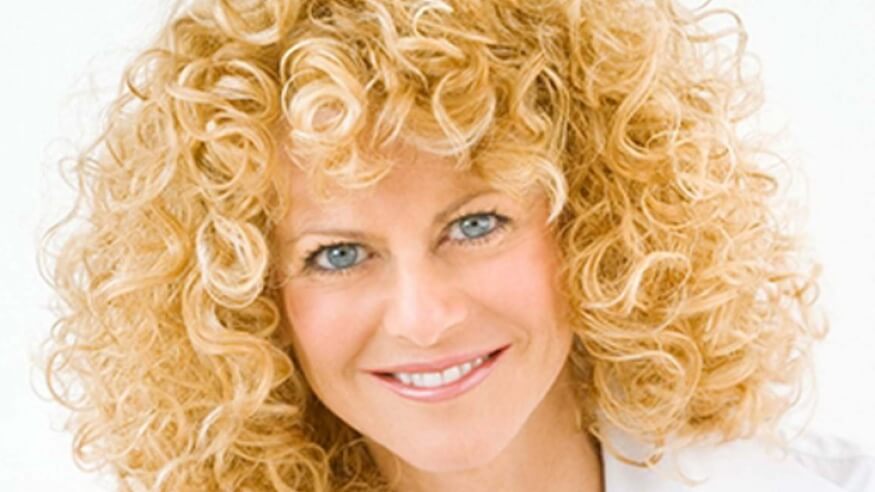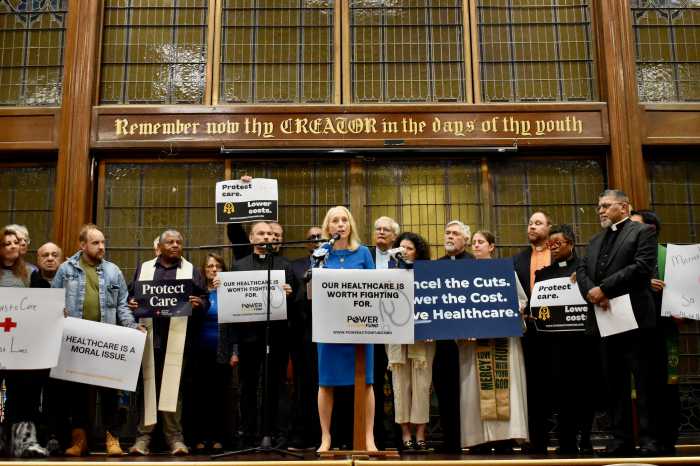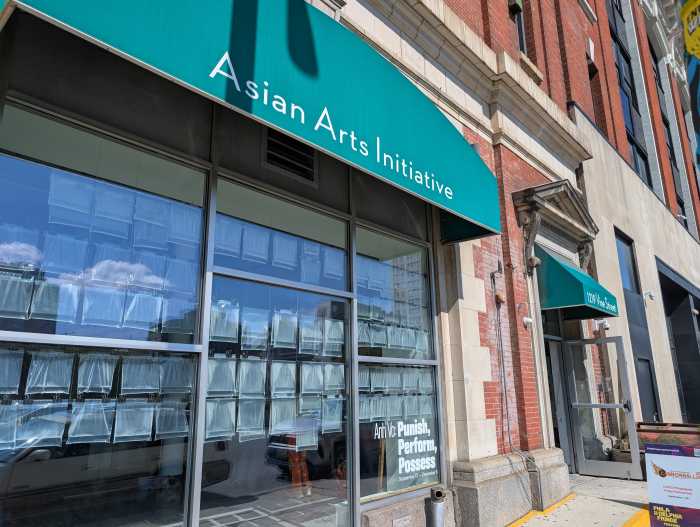With the Oscars this weekend, it’s easy to think that Philadelphia couldn’t be further from the world of Hollywood, but if you’ve been paying any attention at all to the consistent stream of productions coming to town — that couldn’t be further from the truth.
Philly’s movie and television boom can be traced back to the year Sharon Pinkenson took the helm at the Greater Philadelphia Film Office (GPFO) in 1992.
“We’re at $5.5 billion in revenue since I started,” Pinkenson says.
Over the years, iconic films like “Philadelphia” and “The Sixth Sense” were all filmed here, bringing Philadelphia notoriety — and an economic boost — beyond “Rocky.”
“There were so many great highlights and for a time, I didn’t want people even talking about ‘Rocky,’” Pinkenson says. “But then we did ‘Rocky Balboa’ in 2006 and that changed my mind altogether. We went on making more films with Sylvester Stallone. Whoever thought we’d have both ‘Creed’ and ‘Creed II’?”
So what does it really mean to be a great film city?
“It’s about incredible employment for people who are working in film every single day,” Pinkenson says. “Paying the city wage taxes, buying homes, buying new cars, buying groceries, putting their kids in school — these people are a very important factor in our economy.”
And Philadelphia is having another fantastic year for film. At the moment, two major productions are in town: The HBO series “Mare of Easttown,” starring Oscar winner Kate Winslet, and M. Knight Shyamalan’s “Servant,” which is now filming its second season.
Pinkenson cautions however that the film industry in Philadelphia will not grow beyond its current state without more tax credits.
“Tax credits are the coin of the realm,” Pinkenson says. “Big projects won’t go to a state where they can’t get tax credits.”
Currently, Pennsylvania has $70 million in tax credits, which to the average person, seems like a lot, but compared to other states, it isn’t.

“We have $70 million right now but when we first started the program, we were at $75 million,” Pinkenson says. “New Jersey just started a tax credit program a year ago with $75 million and now they’re at $100 million. New York state is $425 million a year with a rollover provision — which is the same as being uncapped. Georgia is uncapped, Illinois is uncapped and Massachusetts is uncapped.”
According to Pinkenson, these other states recognize the great impact the film and TV industry has on their economy.
“On any of these productions, there are 150 people working everyday. If the crew is staying in a hotel, they’re going to use their per diems and spend them here. They’re going to local stores, bars, restaurants — these are the obvious kinds of things,” she says. “If you’re using lifts to put lights up on the street, every single vendor you use is hiring more people. The effect is exponential.”
It’s not that more productions don’t want to film in the Philadelphia region, it’s just that without more tax credits, it doesn’t make business sense.
“We got $70 million for the entire state on July 1,” Pinkenson says. “You know when we ran out? August 15. It’s hard to be bullish when you run out of money that fast. No one is going to invest real money in the Philadelphia film industry unless there’s more tax credits.”
And in the streaming age, with more film and television being made than ever before, it would be a shame for Philadelphia to miss out on opportunities to shine.
“The pipeline is enormous. We’re in the golden age of moving pictures,” Pinkenson says. “But we will grow to the rate of our tax credits. We can either stay stagnant or we can grow exponentially. If we’re uncapped, we can grow as much as we want.”
For more information on the Greater Philadelphia Film Office, visit: film.org



























